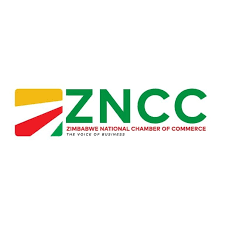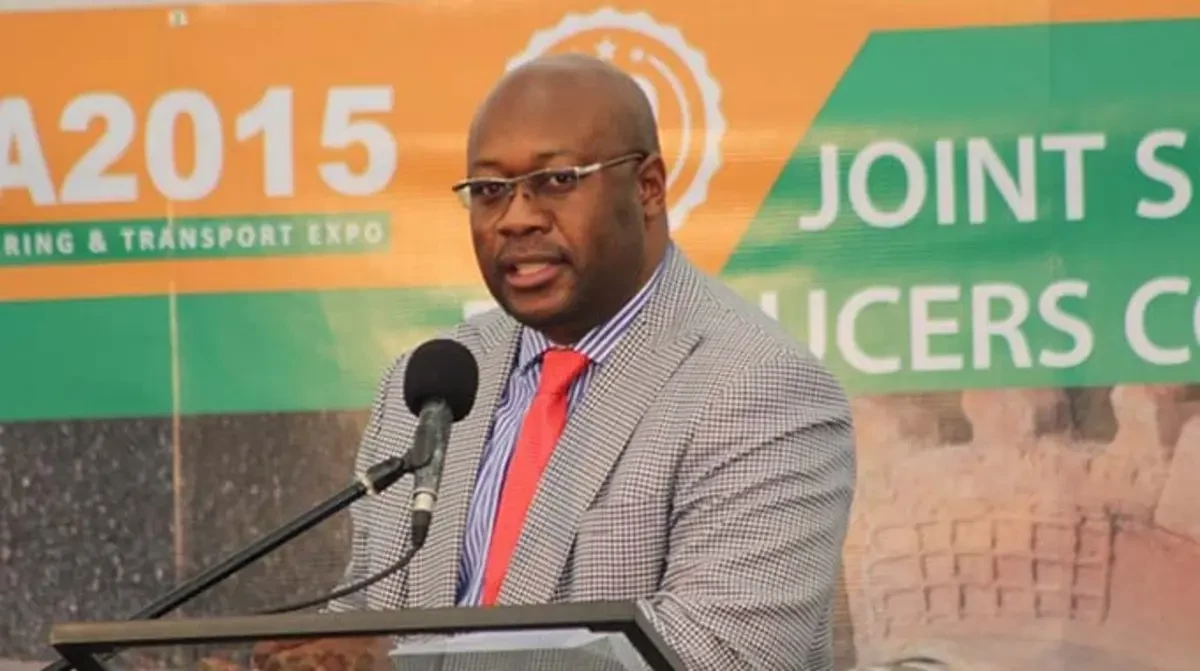
THE Zimbabwe National Chamber of Commerce (ZNCC) has urged Finance minister Mthuli Ncube to adjust exchange controls on the pricing of goods and services as well as taxes in the 2024 mid-term budget review.
Treasury is conducting consultations with stakeholders ahead of the 2024 mid-term budget review statement and the ZNCC said it also expected Ncube to pay attention to Zimbabwe’s debt crisis.
“We are looking forward for a continued effort to reduce the country’s debt arrears in order to improve the country’s ongoing engagements with multi-lateral funders.
“Any further debt accumulation, if so necessary, be in line with the Public Debt Management Act,” ZNCC’s new president Tapiwa Karoro told Standardbusiness on the sidelines of the chamber’s annual congress last week in Victoria Falls.
Karoro replaced ZNCC Mike Kamungeremu, and is deputised by Josephine Takundwa.
“(We expect) continued measures to encourage formalisation of informal business and continued efforts by government in taking the lead in the acceptance of the local currency in payments for taxes, levies and duties,” he said.
Karoro said their expectations for the mid-term budget review were policies that promote the creation of a more conducive business environment to stimulate sustained economic growth and macroeconomic stability.
He said business expected policy measures that would bring confidence and greater certainty in the performance of the Zimbabwe Gold (ZiG), and the overall multi-currency regime that was prevailing.
- Awards target married couples
- Awards target married couples
- Sibanda living his writing dream
- Power crisis hits Proplastics factory
Keep Reading
On taxes, Karoro told delegates at the congress that the intermediated money transfer tax (IMTT) should be tax-deductible for businesses.
“The burden of the IMTT tax is huge on business and, therefore, the chamber proposes that the Ministry of Finance and Economic Development should allow the IMTT to be tax deductible and it should be removed when remitting tax to Zimra,” he said.
“Allow VAT payments to be made on the actual cash received by the business and not on an invoice basis.
“When dealing with the government, suppliers face delated payments, which affect cash flows.”
He urged the government to align trade laws with the African Continental Free Trade Area (AfCFTA) through eliminating non-tariff barriers to trade and lowering or removing tariffs.
“Abolish the use of exchange control regulations to control prices. As the foreign exchange market is finally being liberalised, the goods market should be liberalised (SI 81A of 2024) (removal of trade margins),” Karoro said.
Confederation of Zimbabwe Retailers economist Innocent Marimo said retailers expected the government to continue on the policy trajectory of streamlining the ease of doing business.
“Our major concern centres around the reduction of the intermediated money transfer tax, which has been a major source of outcry from the business community.
“High IMTT rates escalate transaction costs, affecting liquidity and working capital for businesses,” Marimo said.
“By reducing IMTT, companies can retain more capital, which can be reinvested or used to manage cash flow effectively.
“Furthermore, a competitive global environment necessitates lower IMTT rates to encourage both local and foreign investment.
“It is under these considerations we urge government to recognise the significance of this tax reduction in fostering economic growth and enhancing Zimbabwe’s competitiveness.”
UK-based economist Chenayimoyo Mutambasere said the 2024 mid-term budget Review should focus on debt, currency adjustments, investments, local authority funds, El Nino, ZiG, and fiscal spending for legislators and the judiciary.
“We understand from a parliamentary session with the minister of Finance that the total debt stock is now approximately US$22 billion,” Mutambasere said.
“For the sake of transparency and accuracy, it is crucial that the precise figure is officially recorded and published in the Mid-Term Budget Statement,” she said.
She added that since the since the initial budget was presented in local currency prior to the launch of ZiG, it was essential to revise the budget to reflect the new currency adjustments.
“This includes an updated taxation policy,” Mutambasere said.
“The previous budget accounted for the introduction of the ZiG currency.
“We need clarity on how this initiative has been funded and its impact on fiscal spending.
“Detailed information on the financial strategies and outcomes associated with the ZiG currency is essential.”
She said the 2024 budget also promised to address energy and water shortages through specific investment projects, and that Treasury should provide an update on that initiative.









